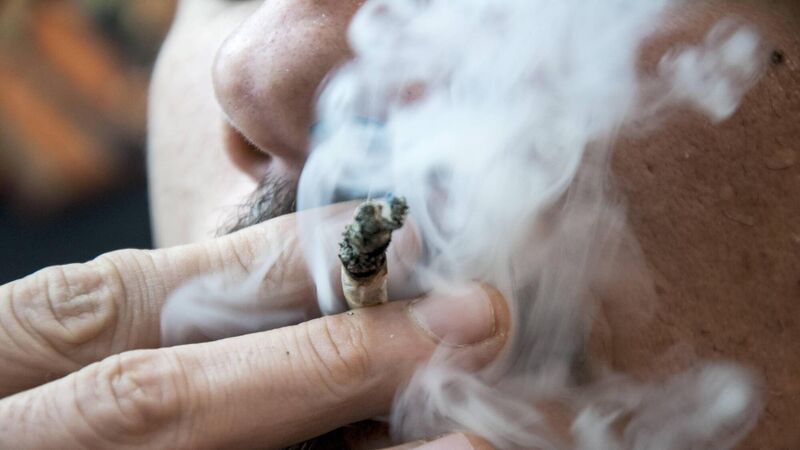Sarah Harte: Decriminalise dope use but only if public health message is managed

Maybe it’s time for some hard-hitting public health ads about the dangers of cannabis featuring young men in particular who relate the life-altering effects of their consumption.
Last weekend, I was walking down the Mardyke in Cork when I smelled a strong yeast-like smell. I assumed there was a microbrewery in the vicinity.
It’s the same smell I got recently on an East London street.












